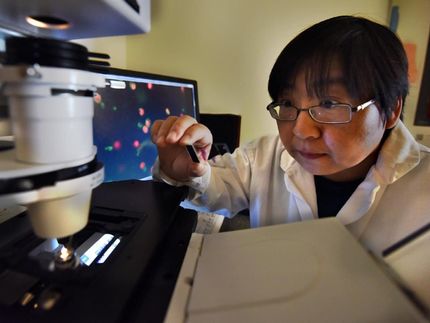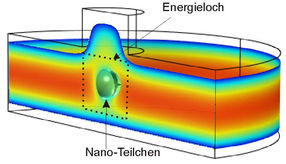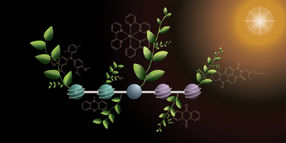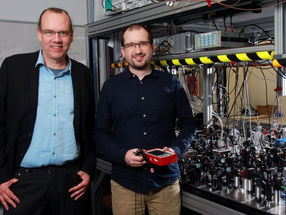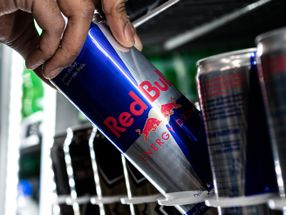Monsanto executive says rigorous process for research investments balances near- and longer-term priorities
Advertisement
A rigorous process aligning Monsanto's research-and-development (R&D) portfolio with corporate strategy allows the company to balance its near- and longer-term priorities, according to Robert T. Fraley, Ph.D., chief technology officer.
"The cross-functional process we've employed for more than a decade allows us to successfully manage an R&D organization that is focused, productive and cost-effective," Fraley said today in his remarks at the Salomon Smith Barney R&D Forum in Boston. "We can quickly adjust our R&D portfolio mix as competitive and market dynamics evolve, while maintaining the flexibility to integrate new opportunities and balance the demands of ongoing commitments."
Fraley said Monsanto typically divides its R&D investment into three categories: one-third to drive discovery of new products; one-third devoted to improving current products; and one-third to providing ongoing support to the company's commercial organization. The company's focused and integrated approach to R&D has led to 10 commercial biotechnology trait products launched since 1996.
Monsanto's productive R&D organization is a key catalyst for the company's current transition. "We expect that the gross profit generated from our seeds and biotechnology traits businesses during 2003 will exceed those generated by Roundup herbicide," he said.
Greatest Growth Opportunity Resides in Corn Seed and Traits
Fraley told the conference attendees that Monsanto's largest near-term growth opportunity is with its corn seed and related traits business. The company currently offers corn growers three biotechnology traits: YieldGard Corn Borer, designed to control the corn borer insect; Roundup Ready corn, which simplifies weed control as it is tolerant to Roundup; and YieldGard Rootworm Corn, the biotech trait recently launched to combat the corn rootworm pest.
Fraley said Roundup Ready corn has the potential to be used on 20 million acres in the United States by the end of 2005, up from less than 8 million acres during 2002. He is also excited about the prospects for YieldGard Rootworm corn. This product will help farmers control the corn rootworm, which costs U.S. corn growers an estimated $1 billion annually in lost yield and insecticide costs.
"Because of its compelling benefits to reduce insecticide use and increase yield because of superior insect control, YieldGard Rootworm has the potential to be our second largest corn biotech product," Fraley said.
In addition to offering these insect-protected and herbicide-tolerant biotechnology traits, Monsanto is stacking these traits in one seed. "Farmers have told us they don't want to choose between dead weeds and dead bugs," Fraley said. In 2003, roughly three-fourths of Monsanto's branded corn seed will carry at least one Monsanto trait, and about one-third will have "stacked" traits. "Stacking traits not only provides farmers with one-stop shopping, it represents incremental margin on a bag of seed corn for Monsanto."
Pipeline Includes Several Promising Product Candidates
Fraley also discussed several potential products in various stages of Monsanto's research-and-development pipeline, such as its drought tolerance projects in corn and soybeans, which are still in the proof-of-concept stage of development.
"We'll be doing field efficacy tests this summer, and potentially yield tests next year on our drought tolerance projects," Fraley said. If these tests are successful, the projects will move to the next pipeline phase -- early product development -- where lab and field testing of genes is done in order to select the possible commercial product candidates.
Another pipeline project is a plant-derived source of Omega-3 fatty acids, which is in Monsanto's early product development phase. These acids are an essential part of the human diet, but cannot be manufactured by the body and so they must be obtained from food.
"Sufficient amounts of Omega-3 fatty acids are important to our cardiovascular health," Fraley said. "The project we're pursuing is a plant- based source of omega-3 oil that would be more effective than current sources such as algae, fish or flax."
Fraley summarized his remarks at the Salomon Smith Barney conference by saying, "We built our R&D organization by making informed choices, taking prudent risks, and focusing on what we do best. We'll continue to provide farmers with innovations that help them improve their productivity, while pursuing specific projects with members of the food industry who are looking to create value by reducing their costs, strengthening their flagship brands and building new product categories."



